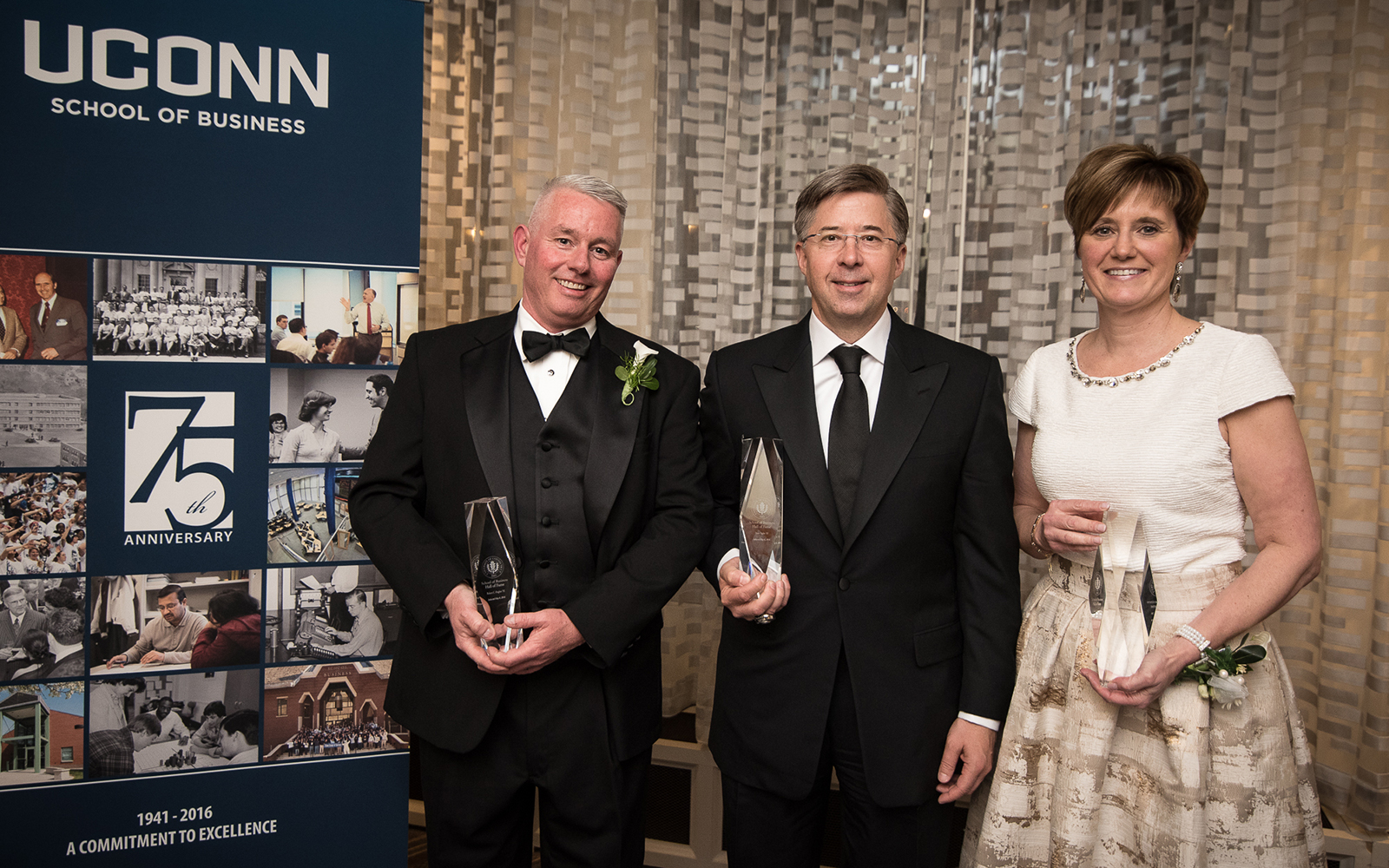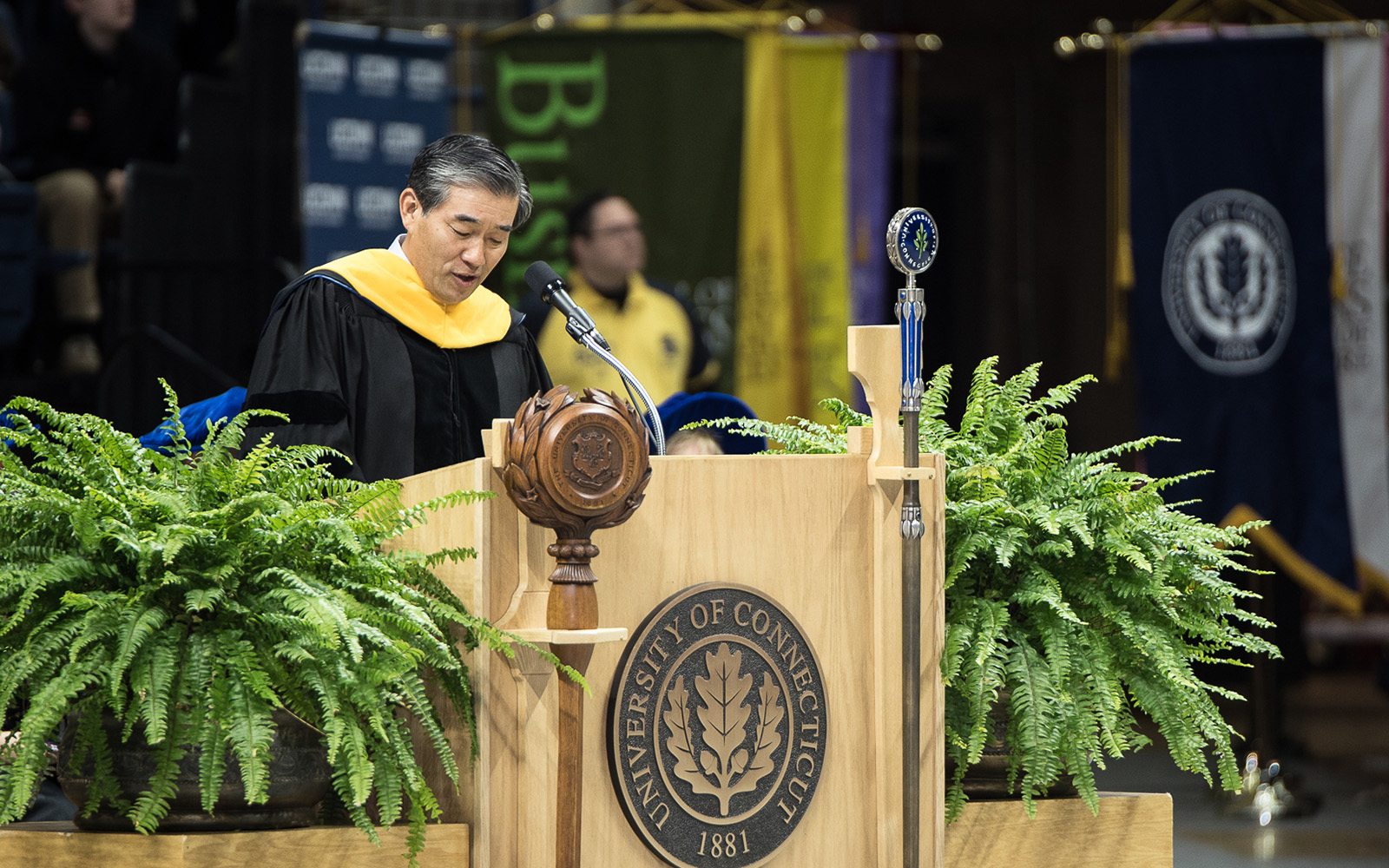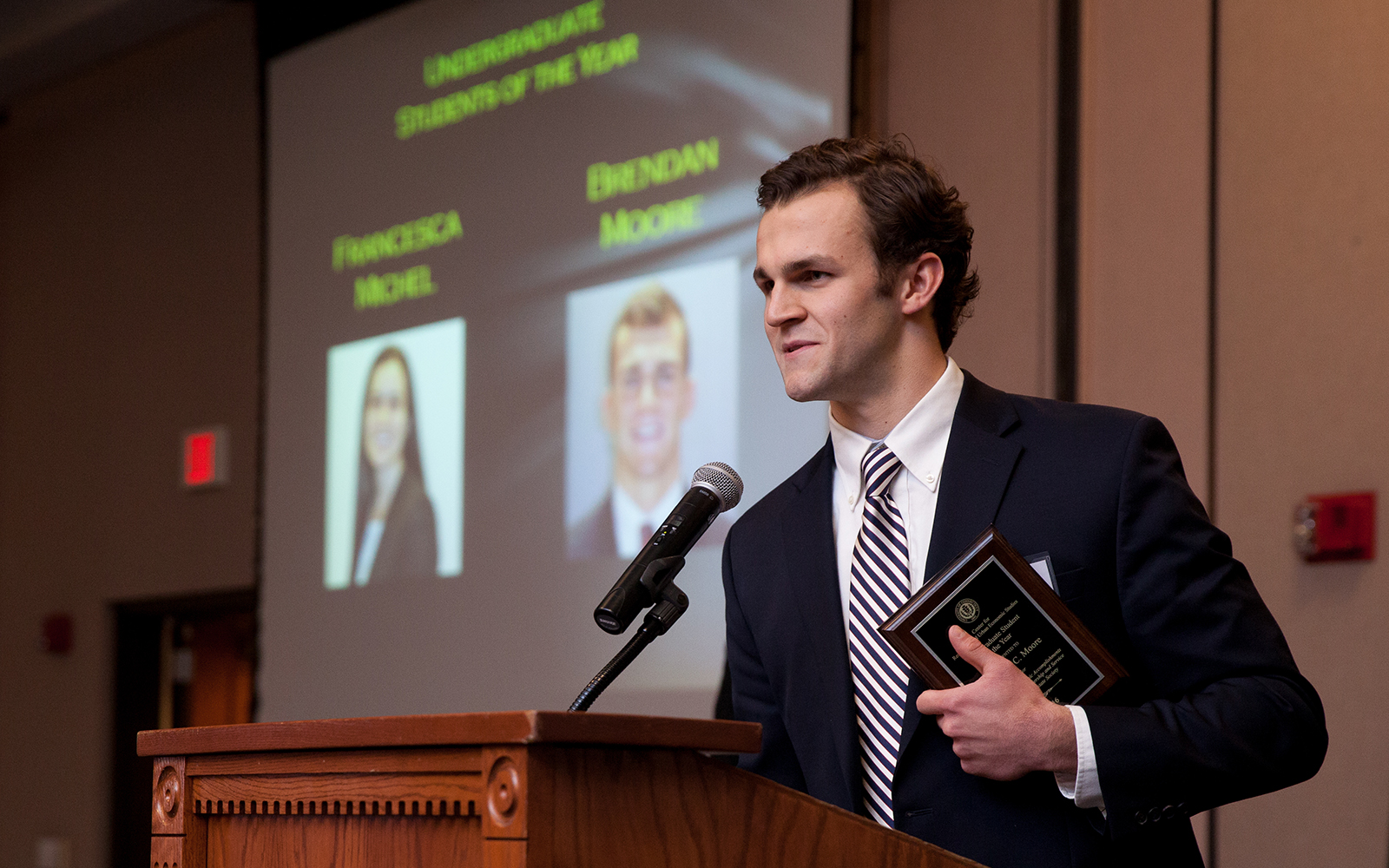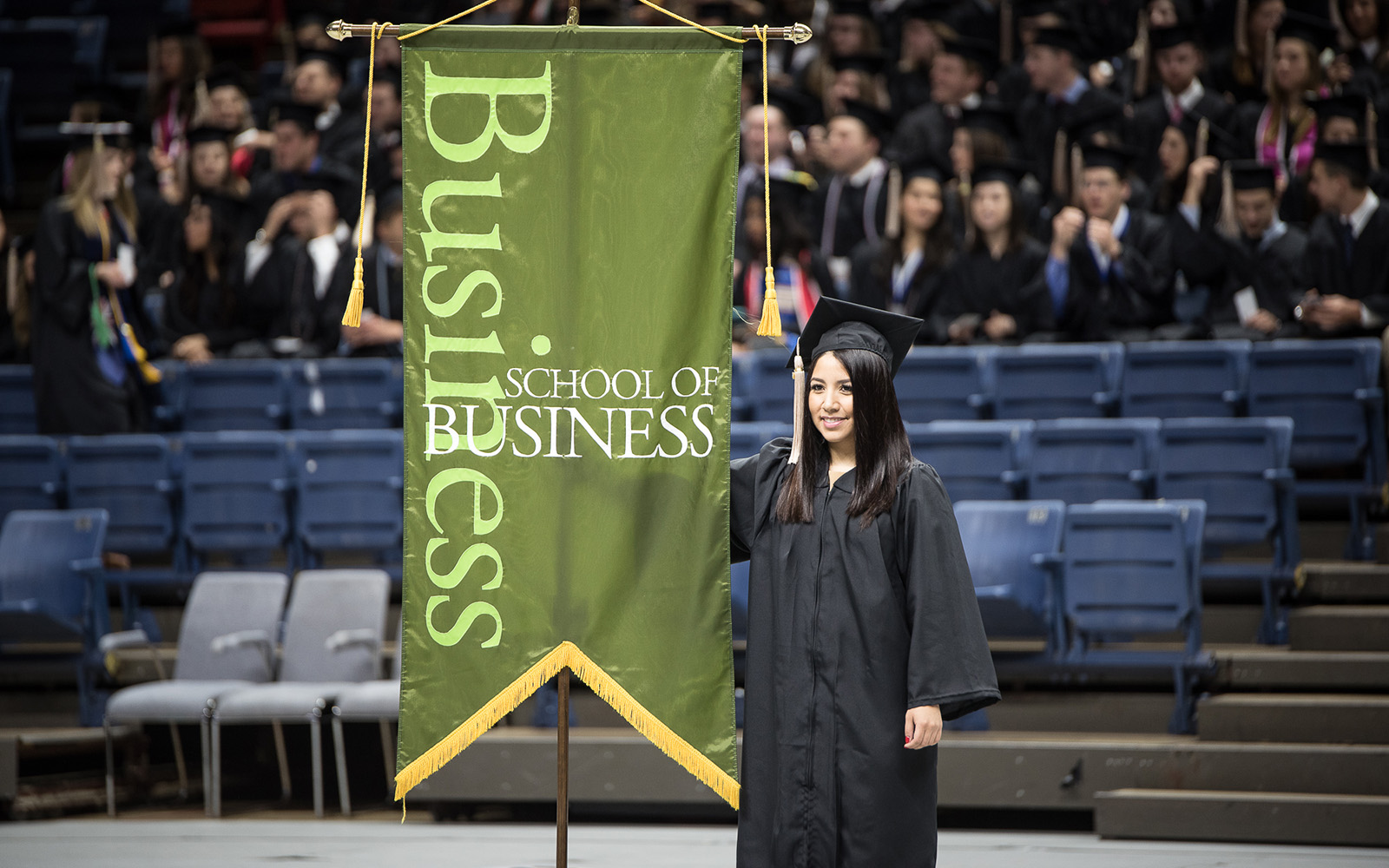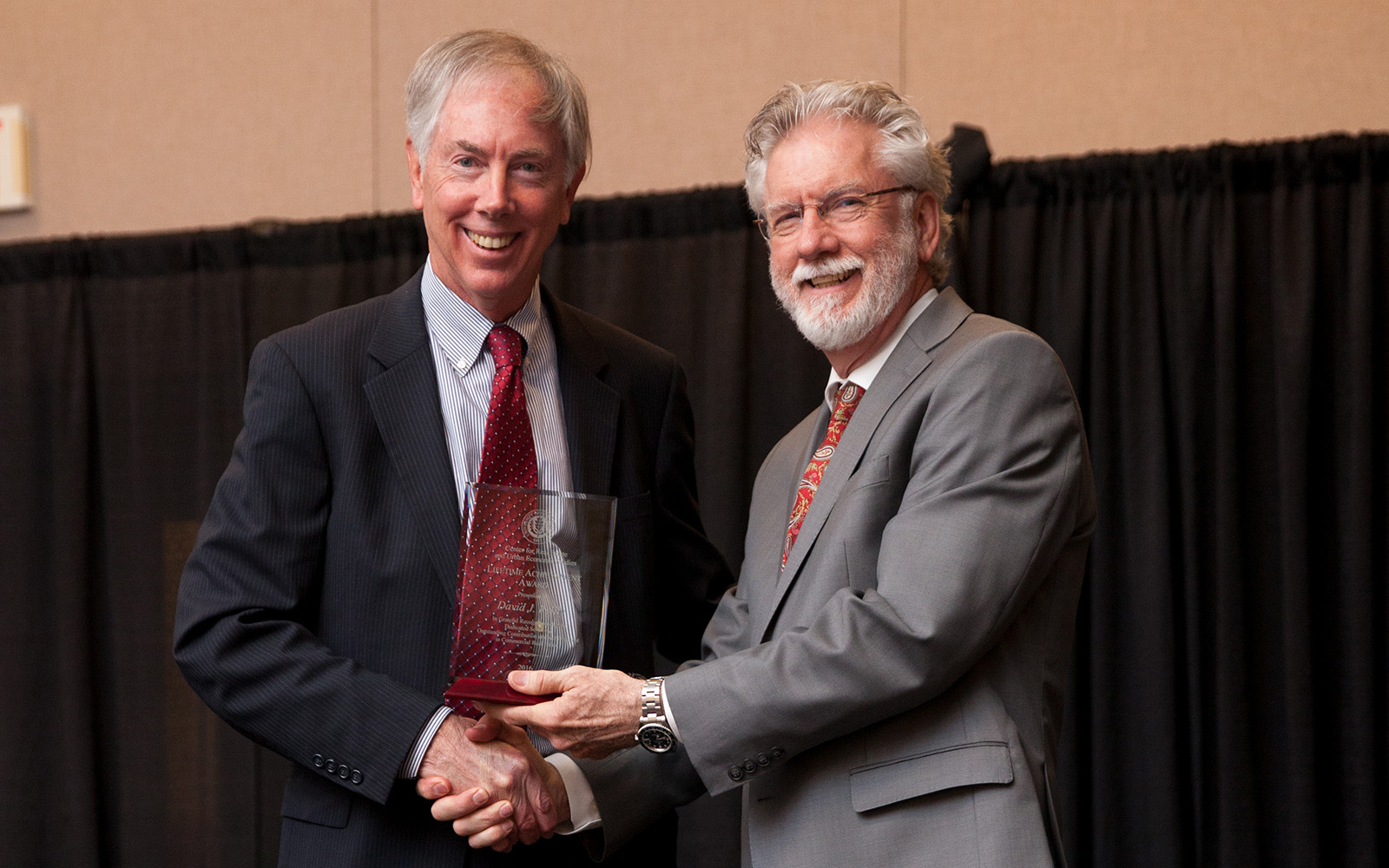The Register Citizen – Once an avid player, Canaan’s Paul Ramunni hadn’t picked up an accordion for 42 years.
“I played the instrument from age 10 to 17. When I went to Fairfield University, the accordion went into the closet. In mid-2008, I woke up one morning and inexplicably had the urge to play again,” said the 67-year-old, who had a CPA firm in Canaan for 35 years before selling it five years ago. He now teaches accounting and financial literacy courses full time for the University of Connecticut.

